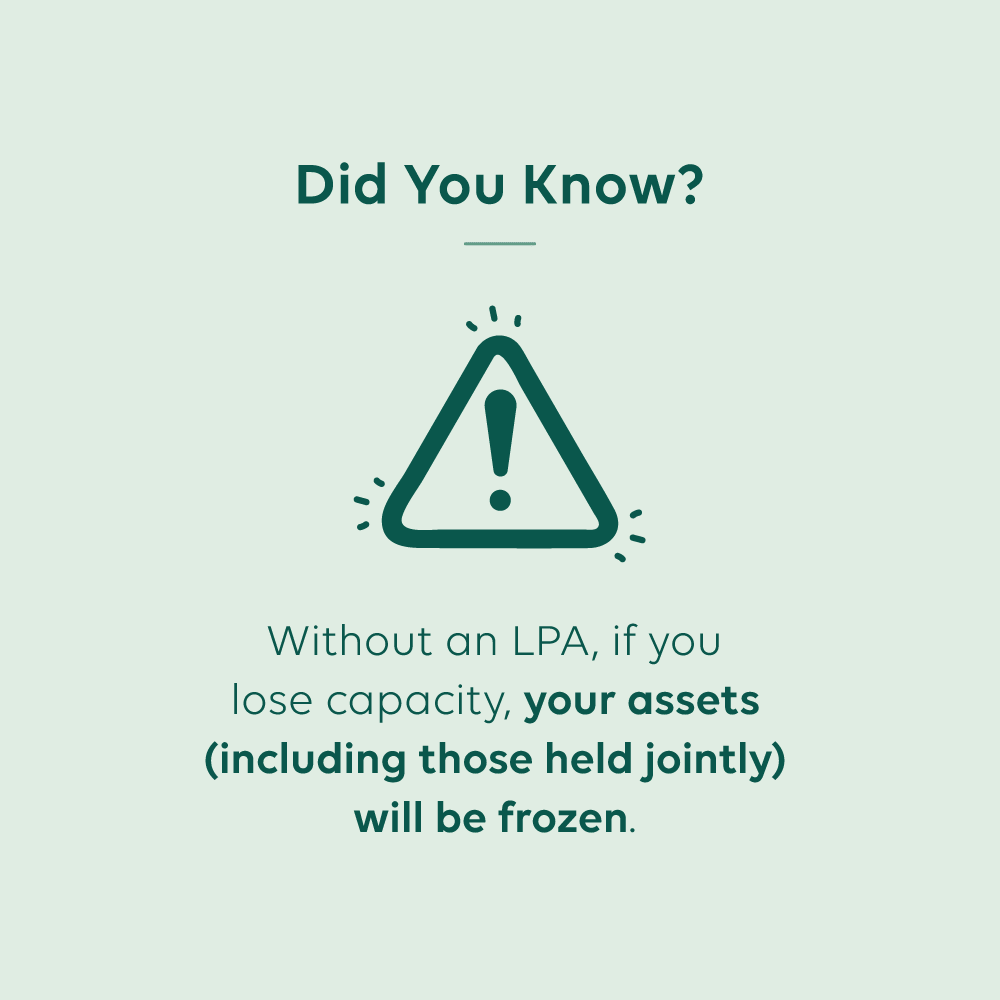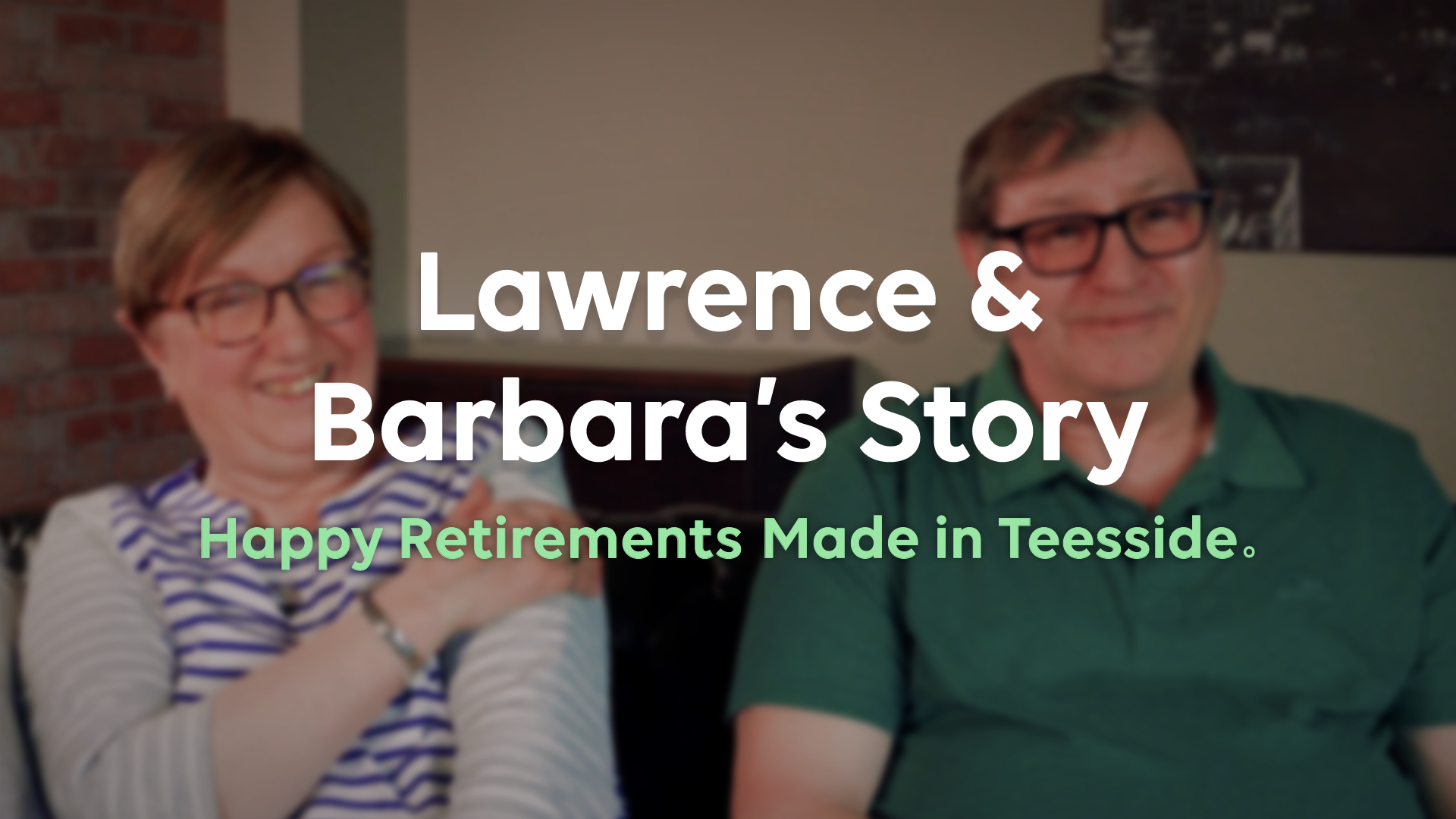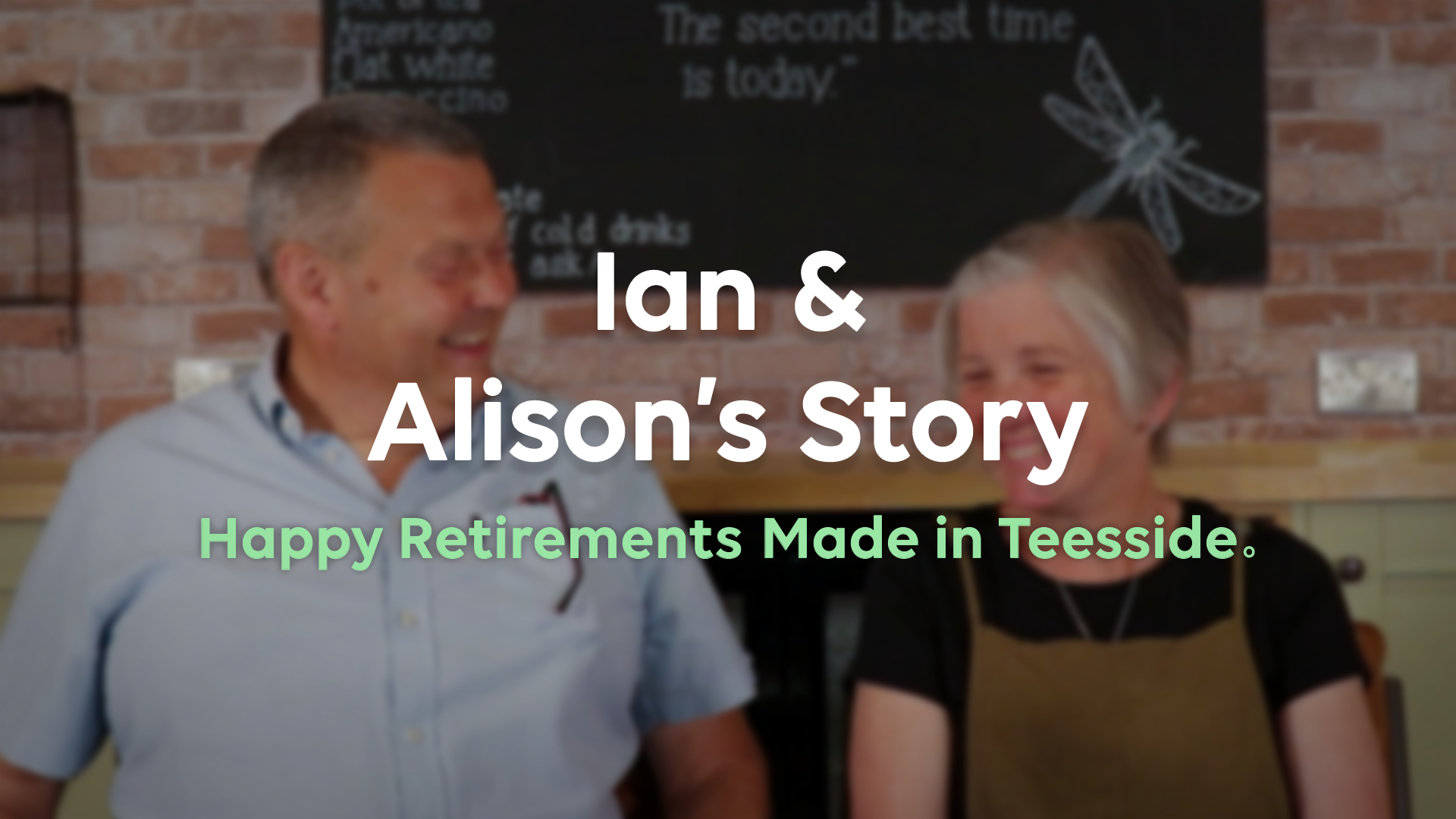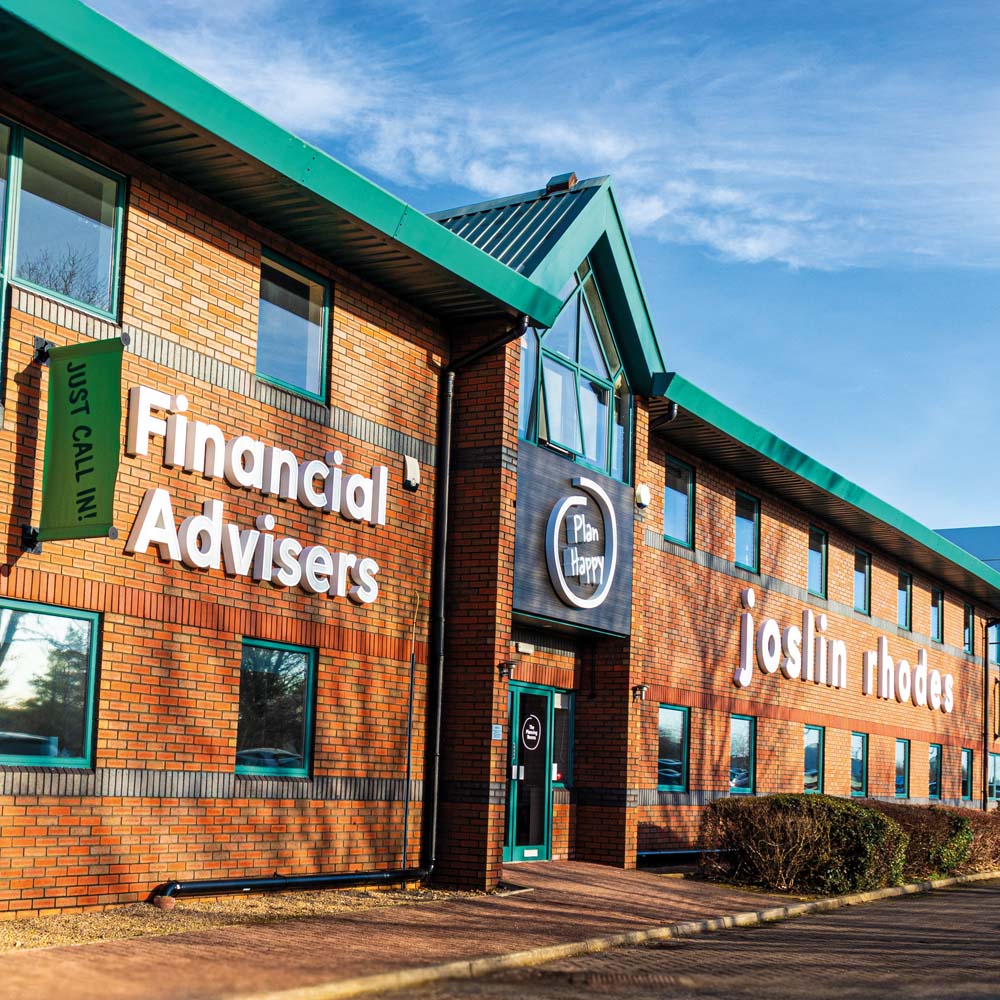Types of Lasting Power of Attorney
In the UK, there are two types of Lasting Power of Attorney (LPA):
1. Property and Financial Affairs LPA
This allows your Attorney (or Attorneys) to help manage your financial matters, including:
- Paying bills and managing bank accounts
- Collecting benefits or pensions
- Selling property or managing investments
2. Health and Welfare LPA
This allows your Attorney(s) to make decisions about your health and personal welfare, including:
- Your medical care and treatment
- Where you live (for example, moving into a care home)
- Your daily routine, such as what you eat and wear
Speak To Us Now










